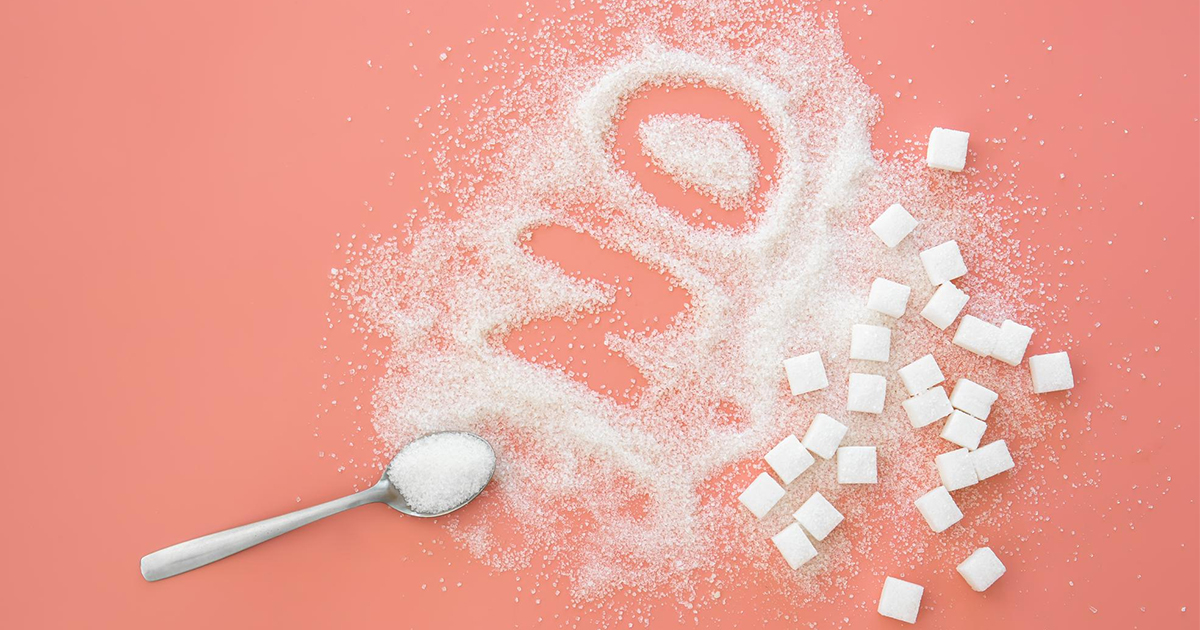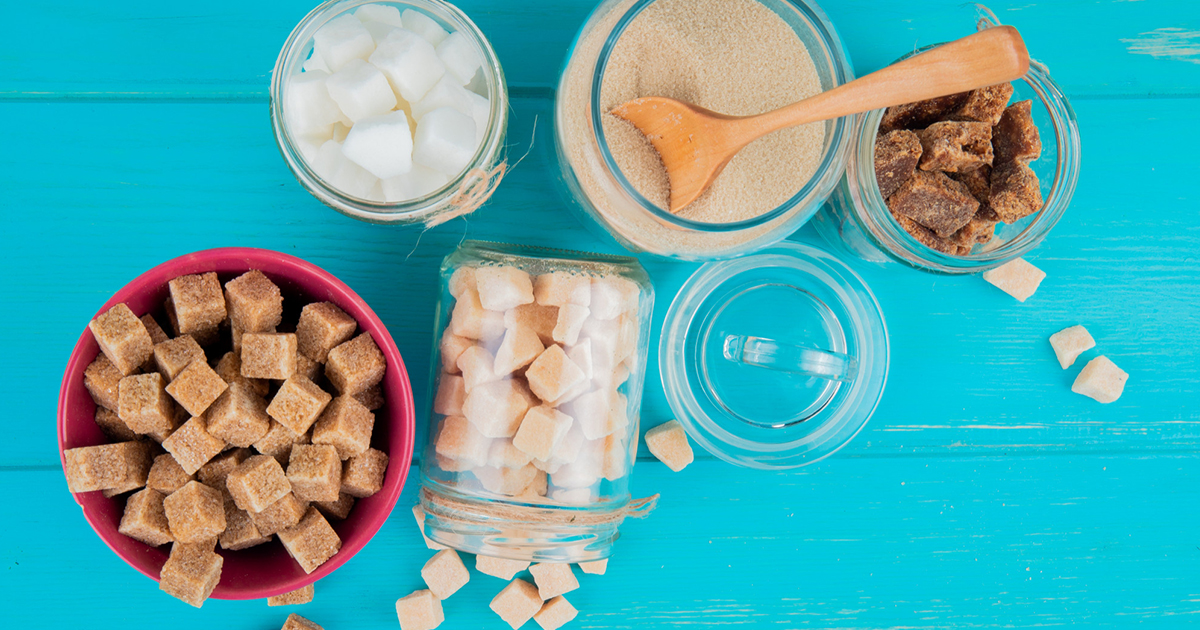Breast Cancer: Causes, Symptoms, Diagnosis, and Treatment Overview Breast cancer is one of the most common cancers affecting women worldwide, though it can also occur in men. It begins in the cells of the breast, typically...

Are you trying to cut down on sugar but still craving that sweet taste? Sugar alternatives might seem like the perfect solution. But are they really healthier? With so many options available, it can be challenging to know which ones are truly beneficial and which ones might cause more harm than good. Let’s explore the world of sugar alternatives and uncover the truth about their health effects.
Sugar alternatives, also known as sugar substitutes or sweeteners, are used to provide the sweetness of sugar without the same calorie content or impact on blood sugar levels. They are often marketed as a healthier option for people looking to reduce their sugar intake, manage their weight, or control diabetes.

Sugar alternatives come in two main categories: natural sweeteners and artificial sweeteners.
Natural sweeteners are sourced from plants and other natural origins. Some popular natural sweeteners include:
Artificial sweeteners are lab-created compounds that replicate the sweetness of sugar but typically without the calories. Common artificial sweeteners include:
There are several benefits to using sugar alternatives, including:
While sugar alternatives offer benefits, there are also potential risks and concerns to be aware of:
Selecting the best sugar substitute depends on your health goals and preferences. Here are some suggestions to guide your decision:
In addition to using sugar alternatives, here are some tips to help you reduce your overall sugar intake:
Sugar alternatives can be a valuable tool in reducing sugar intake and managing health. However, it’s essential to choose wisely and be aware of the potential drawbacks. By understanding the different types of sugar alternatives and their benefits and limitations, you can make informed decisions that align with your health goals. Moderation is essential in any diet, so even with healthier choices, balance is crucial.
Switching to sugar alternatives might be the sweet change you need, but always keep an eye on your overall diet and lifestyle for the best health outcomes. So next time you reach for that sweetener, you’ll know exactly what you’re adding to your cart and your body.
Share this with your loved one!
Breast Cancer: Causes, Symptoms, Diagnosis, and Treatment Overview Breast cancer is one of the most common cancers affecting women worldwide, though it can also occur in men. It begins in the cells of the breast, typically...
Bronchitis: Causes, Symptoms, Diagnosis, and Treatment Overview Bronchitis is an inflammation of the bronchial tubes, the airways that carry air to and from your lungs. When these airways become inflamed and swollen, they produce more mucus...
Amyotrophic lateral sclerosis (ALS) : Causes, Symptoms, Diagnosis, and Treatment Overview Amyotrophic lateral sclerosis (ALS), also known as Lou Gehrig’s disease, is a progressive neurodegenerative disorder that affects nerve cells in the brain and spinal cord....
Atherosclerosis: Causes, Symptoms, Diagnosis, and Treatment Overview Atherosclerosis is a condition where the arteries become narrowed and hardened due to a buildup of plaque on the inner walls. This plaque is made up of cholesterol, fatty...
Acne: Causes, Symptoms, Diagnosis, and Treatment Overview Acne is one of the most common skin conditions, affecting millions of people worldwide, particularly during adolescence. Though often thought of as a teenage issue, acne can persist into...
Addison’s disease: Causes, Symptoms, Diagnosis, and Treatment Overview Addison’s disease, also known as primary adrenal insufficiency, is a rare disorder that occurs when the adrenal glands, located on top of the kidneys, do not produce enough...
© EaseDiseases